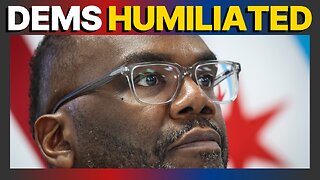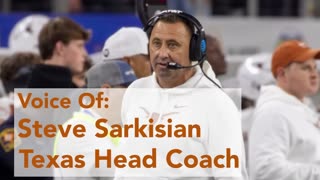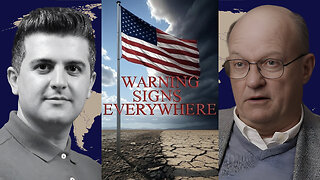Premium Only Content

BRICS oppose the major financial institutions
The World Economic Forum (WEF) has been the subject of various concerns and criticisms from different quarters. Central to these apprehensions is the perceived influence the WEF exerts on global policies and economic strategies, with critics arguing that its annual meetings in Davos serve as a rendezvous for the world's elite to shape global agendas in a way that prioritizes corporate interests over those of the broader public. This has sparked debates about the transparency and accountability of the WEF, as its gatherings are often seen as opaque, with decisions that potentially affect millions being made behind closed doors. Additionally, the environmental impact of the forum's activities, despite its focus on sustainability and climate change, also comes under scrutiny, with concerns about the carbon footprint of its high-profile meetings. Furthermore, the inclusivity and representation within the WEF have been questioned, as critics point out that its membership and participants tend to represent a narrow slice of the global elite, possibly side-lining the voices and concerns of less powerful stakeholders. These concerns highlight a broader debate about the role of such forums in global governance and their impact on democracy and equity worldwide.
In this video, we'll explore the World Economic Forum (WEF), tracing its origins, examining the criticisms it faces, and covering the concerns various individuals have regarding its effectiveness and fairness. Specifically, we'll delve into criticisms of the WEF's agenda, particularly its perceived bias against the Global South and BRICS nations, among others.
-
 26:00
26:00
DeVory Darkins
1 day ago $10.23 earnedDemocrat Mayor HUMILIATES himself during painful interview as Trump makes SHOCKING Announcement
29.2K67 -
 22:14
22:14
Ohio State Football and Recruiting at Buckeye Huddle
1 day agoOhio State Football: Everything Steve Sarkisian Said About the Buckeyes This Week
12.2K -
 1:19:55
1:19:55
TruthStream with Joe and Scott
1 day agoLisa, Michelle and Carole join Joe for Healing and Inspiration. Next healing will be on Aug 28th at Noon and 4pm eastern https://www.balancingbodyandsoul.com/?ref=TRUTHSTREAMSHOW
5.93K1 -
 10:32
10:32
Nikko Ortiz
15 hours agoFunniest Fails Of The Month
29.5K3 -
 28:59
28:59
The Jack Brewer Show
12 hours agoThe Jack Brewer Show S1 EP5 Charles Duke Tanner on Redemption, Fatherhood & Second Chances #podcast
2.03K -
 15:33
15:33
Bearing
22 hours agoSEPTUM RING THEORY 💥 Are Nose Ring Girls ALL INSANE LIBERALS?! 💀🤣
6.25K54 -
 1:18
1:18
WildCreatures
2 days ago $0.98 earnedTourists unintentionally come face to face with jaguar in Brazil's Pantanal
4.31K15 -
 40:36
40:36
State of the Second Podcast
17 hours agoWhy Training Is an Investment in Your Life (ft. Tre’Von Barber)
3.57K -
 1:03:43
1:03:43
Dialogue works
1 day ago $2.74 earnedCol. Larry Wilkerson: Warning Signs Everywhere: U.S. on the Verge of Disaster
21.7K9 -
 1:09:42
1:09:42
Mike Rowe
7 days agoHow Did THIS Dirty Job Make Tommy Mello A Billionaire?! | #447 | The Way I Heard It
93.8K22